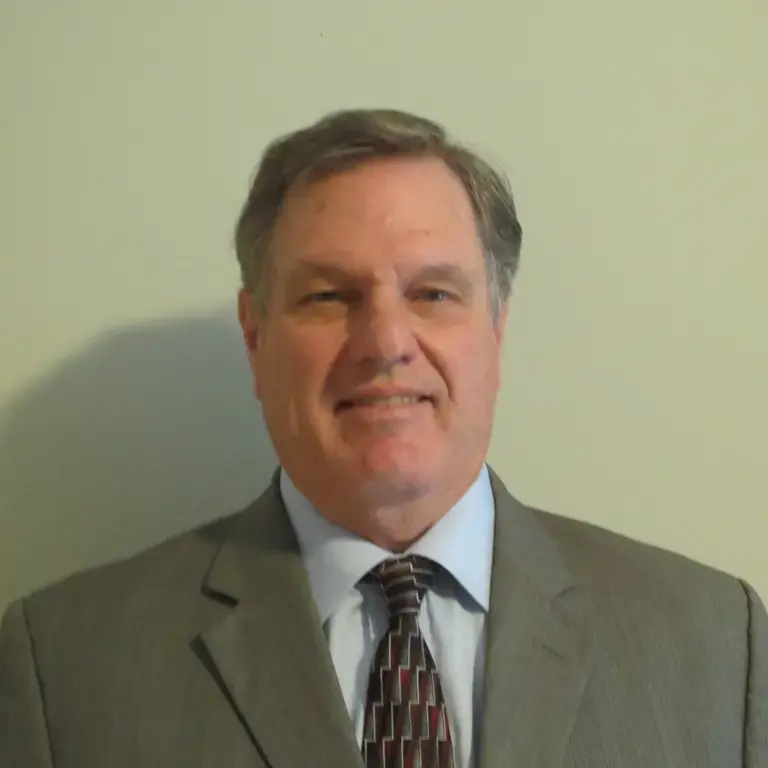Nick Weltmann, retired AIG Global Actuary and Underwriter and Insurance Management speaker, began his career in quite different fields — working aboard oil tankers and in middle and high school classrooms teaching math. The U.S. Merchant Marine Academy graduate who once thought of insurance as “pretty boring” recalls how he combined his knowledge of mathematics and the maritime industry to launch a successful career as an actuary specializing in ocean and marine warranty and what’s next in the insurance industry. Starting in Fall 2020, Weltmann will lecture for the new Insurance Management master's program.
What excites you about Columbia’s Insurance Management master’s program?
There are a lot of interesting changes ahead for the insurance industry. The sharing economy is changing how things get insured and who bears the risk. Younger people tend to own fewer things or put off making big purchases longer, so they may not see the need for insurance or just don’t trust insurance companies. These are some of the problems that students in this program are going to have to tackle, and I’d like to be a part of that.
Did you have a clear idea that you wanted to pursue a career in insurance early in your career? How did a graduate degree enhance your career?
As a graduate of the U.S. Merchant Marine Academy, I planned for a maritime career, and I did work onboard a ship for Exxon for a year before deciding it wasn’t for me. I then taught high school math for several years, and that was the focus of my graduate degree. But when it came time to start a family, I realized that training made me well suited for better-paying work as an actuary. Very few people I worked with at that time had come straight from college. They were former engineers or other people who were good at math. There was even a former meteorologist.
We all know the (inaccurate) cliché that no one at a dinner party wants to be stuck next to accountants or people in the insurance industry. What do you tell people to help them understand how vital and dynamic today’s insurance business is?
I was guilty of the same mindset as a high school student when I had to take part in an actuarial training program. I thought, ‘Who would want to do this? This is pretty boring.’ But I wouldn’t have spent more than three decades in the industry if it was boring. It always kept me thinking. There was always something new, something that didn’t quite fit. You always had to use your imagination.
I wouldn’t have spent more than three decades in the industry if it was boring. It always kept me thinking. There was always something new, something that didn’t quite fit. You always had to use your imagination.
What advice do you have for people in the industry looking to advance their careers? How important is the right mix of on-the-job experience and graduate work to reaching leadership positions in the industry?
You do want the right combination of the two, and that balance may be different for different students. Your professional experience should be enough to give you good insights into the industry — enough that you are grounded in it and have a good sense of where you want to go in your career. That’s where this program can really help accelerate your advancement. It’s a problem-solving course that will touch on things students will not likely have confronted yet in their careers or not at all in the case of things outside of the narrower job tracks. The combination of experience and this program will really serve our students well.
This program is a problem-solving course that will touch on things students will not likely have confronted yet in their careers or not at all in the case of things outside of the narrower job tracks. The combination of experience and this program will really serve our students well.
What new sets of skills and types of expertise are now useful or even required to be successful in the industry that may not have been when you were starting out?
Well, you always had to have some level of communication skills, but their importance is now really central to a successful career in the industry. The variety and amount of information that’s coming at today’s executives demand that they be able to understand it and continuously communicate its impact. Communications are more fragmented and less formal than in the past, but if you master those skills and combine them with the other kinds of expertise students will gain in this program, that will really propel careers.
Can you provide one key takeaway that you hope students in the Insurance Management master’s program will gain from their interactions with you? What kinds of interactions with industry experts does the program provide?
The teacher in me wants them to be unafraid to ask questions and unconcerned with the possibility of looking stupid. If you’re not asking questions, you’re not learning. That holds true for this program and in their careers. You can’t be afraid to ask questions of instructors in the program or of senior executives in a conference room. At that level, they more than likely got there by being similarly unafraid, so they’ll reward people who demonstrate a desire to learn from them and better understand the business.
Is there anything that you’ve done in your career that you didn’t expect to be able to or have the opportunity to do when you entered the insurance industry? Are there any experiences you’ve had that are atypical in the industry?
Given that I never expected an insurance career to begin with, I can say that I’ve really enjoyed a very rewarding career that’s taken me all over the world. Given my skepticism upon entering the industry and the purely transactional nature with which I first approached it, I have been pleasantly surprised every step of the way at how much I’ve enjoyed the work and how many wonderful people I’ve had the privilege to work with and call friends.



